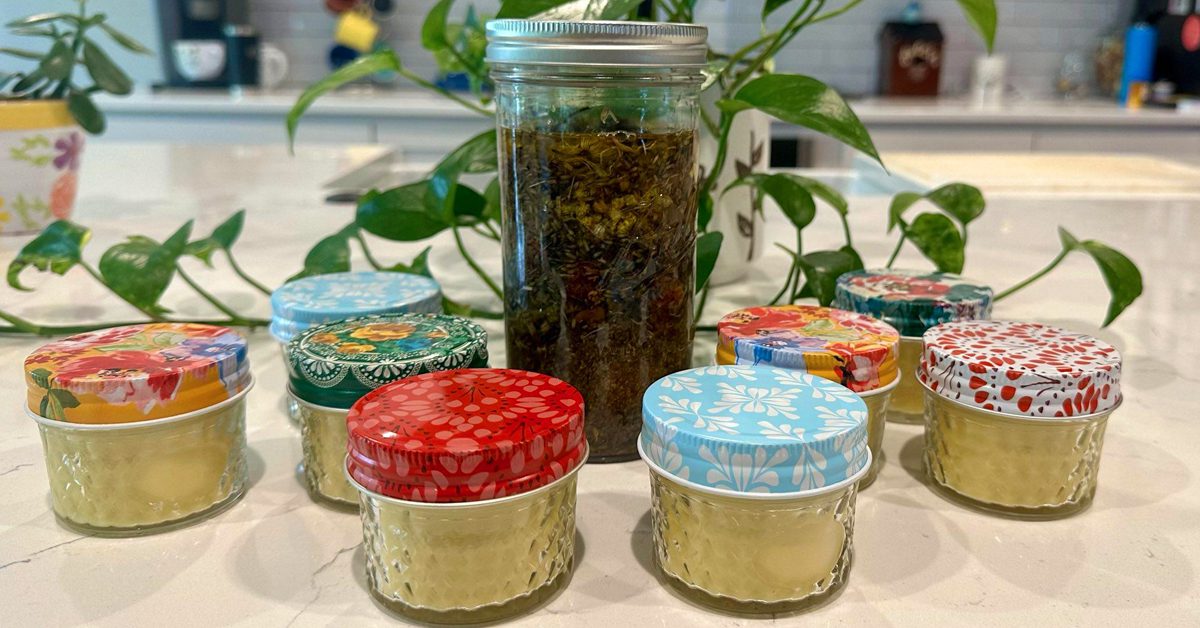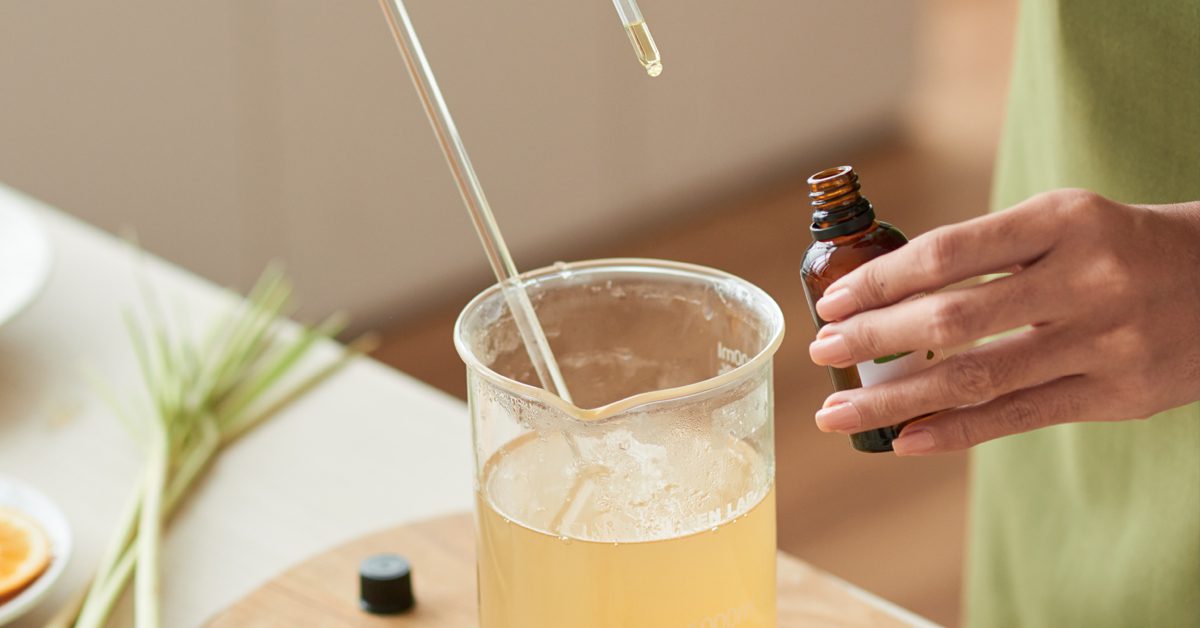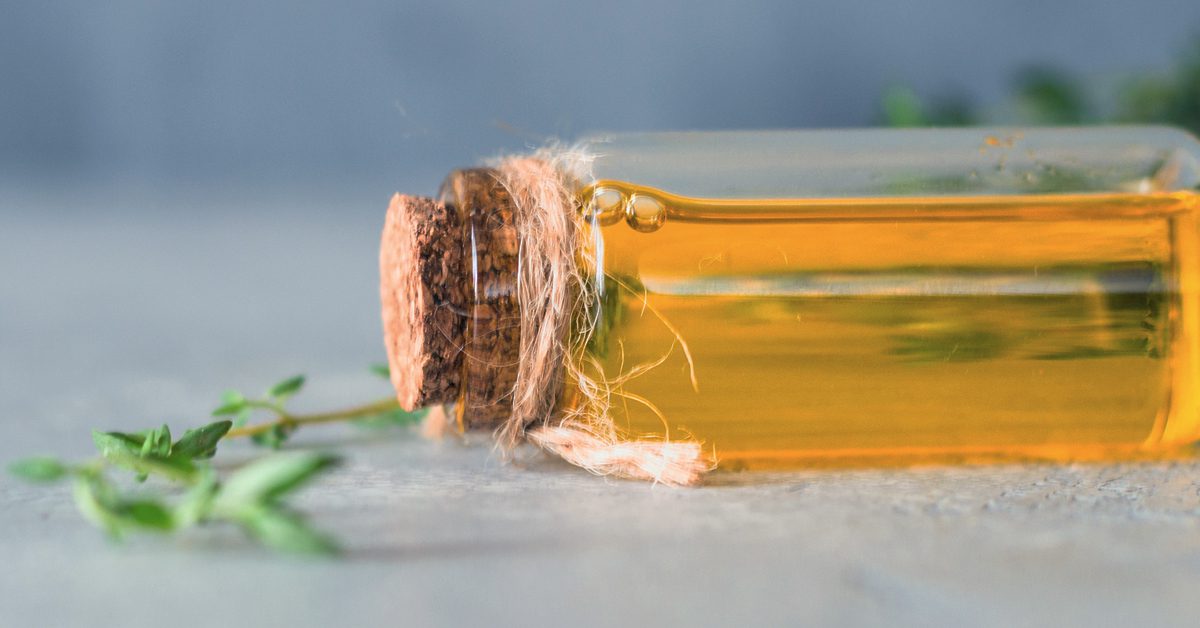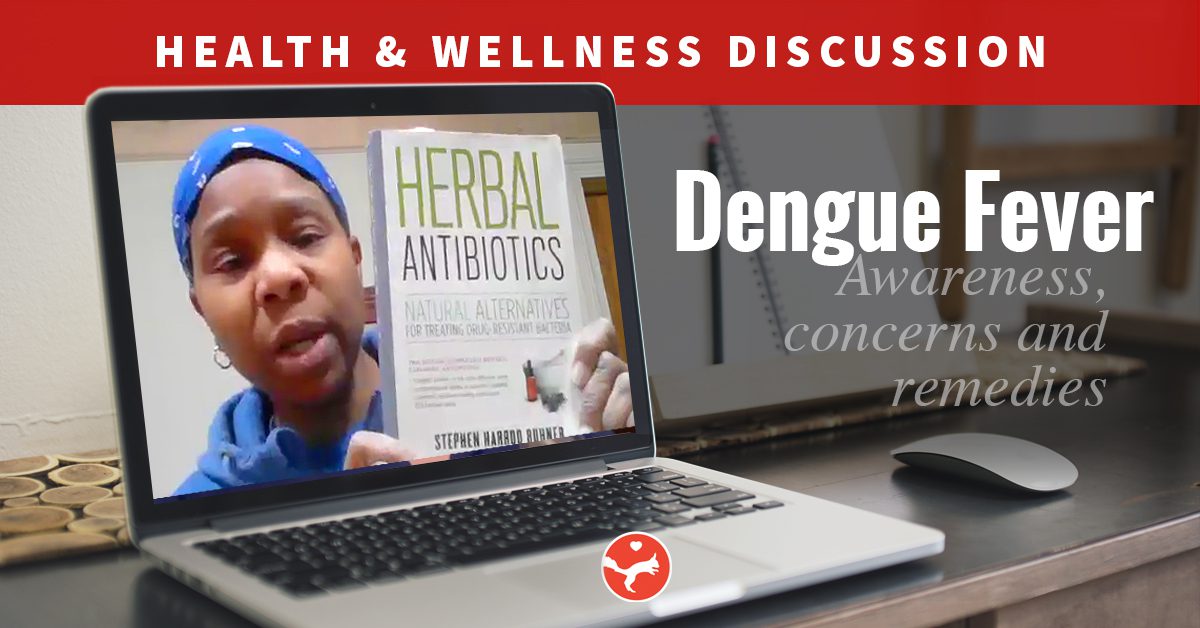Ordinary Wisdom
Marie posted several links on Elderberry.
[Mick] Thanks for this information and for the links, Marie. Yep, I remember how at the beginning of the Covid stuff in 2020, there was information flying around the internet about avoiding Elderberry like the plague because it could cause a cytokine storm. The people passing around this information were saying that Elderberry should never be used for viral illnesses like the flu. Given the history of the use of Elderberry for precisely such diseases, this warning didn’t make sense to me. So I went to Stephen Harrod Buhner’s “Herbal Antivirals” book to try to get clarification. On p. 150 of the first edition and on p. 227 of the second edition, this is what he says about how to use Elderberry syrup for colds and flu:
“Dosage for adults is 2-3 tablespoons every 2-4 hours during the early stages of a cold of flu infection. This is what is called a concentrated decoction and it is pretty good, if used at the first signs of infection [italics mine].”
I understood this to mean that Elderberry did not need to be avoided entirely, and that it could be quite useful during viral infections. But I also took this to mean that its use should be limited to the early stage of illness. The early stage of illness usually lasts for a few days. so that’s why I settled on recommending “three and out” for Elderberry use. With so many people in CORAC asking me for suggestions about how to address Covid with herbs, I was nervous about recommending Elderberry for more than a few days. Since “a few days” is an indefinite period, I somewhat arbitrarily settled on three days. I figured that it would be better to be safe than sorry; and that if Elderberry wasn’t helping within 3 days of the onset of symptoms, then people should switch up their treatment anyway.
Regarding the first article to which you linked, Dr. Song said, ” Do I think that elderberry can trigger or make a cytokine storm more likely when you have influenza? I really don’t.” But further into the article, the author lists herbs to discontinue “if an illness is starting to escalate to a BAD stage” (all caps in the original). Elderberry is one of the herbs listed. The author continues, “These are all normally excellent things to take (except sugar), but under certain circumstances can ramp up a Cytokine Storm.” My three-days-and-out approach thus seems to be consistent with both Dr. Song’s opinion and with the caveat of the article’s author.
Another thing about this article: Dr. Song is quoted as saying, “There have not been case reports of elderberry-induced cytokine storms,” and this quote contains a hyperlink to an article from Healthline. However, when I read the article, I saw nothing in it to support Dr. Song’s statement. In fact, unless I missed something (and I read the article twice), the article doesn’t mention cytokine storms at all. So I’m unsure of the data upon which Dr. Song based her claim.
Regarding the Dr. Axe article to which you linked, he seems to believe that Elderberry should only be used for a few days. He says, “Elderberry appears to have few side effects when used properly for short periods of time of up to five days.” That’s longer than the three days that I’m comfortable recommending, but it’s in the ballpark.
In the article, Dr. Axe said, “…[T]here’s no evidence that [Elderberry] overstimulates the immune system”; and he provides a hyperlink to a medical journal article. What I read in the article, however, causes me to conclude that Dr. Axe’s statement is an overgeneralization. First, there is this from the journal article (emphasis is mine):
“For the objective of assessing the relationship between elderberry and risk of systemic sepsis or multi-organ failure, we did not locate any studies, of any design, in which these clinical outcomes were measured. However, we identified three studies in which a total of 51 people were given elderberry products and cytokine production was subsequently assessed (ex vivo studies). One of these studies was an RCT comparing 12 weeks of either elderberry or placebo in 52 healthy post-menopausal women, one study was a single-arm cohort study in which 22 healthy volunteers drank Sambucus ebulus (i.e. European dwarf elderberry) tea for 30 days, and one study evaluated cytokines before and after single oral doses of both diclofenac and elderberry.”
So, three things of note: (1) The article’s authors found zero studies in which the clinical outcomes of systemic sepsis or multi-organ failure were measured; (2) in the two studies in which the participants took Elderberry for 12 weeks and for 30 days respectively, all of the participants were healthy (and thus not taking the Elderberry in order to treat a viral illness); and (3) In the third study, the participants were given a single dose of Elderberry (and so the use of the herbal preparation was for less than 3-5 days). Thus the conclusions of the article’s authors do not touch upon the relevant question: Whether Elderberry has the potential to cause a cytokine storm when used for more than 3-5 days to treat individuals who are sick with a cold or flu.
In fact, the authors say as much (emphasis mine):
“Based on the ex vivo evidence [all of which was from healthy individuals], there does not currently appear to be any reason for concern about elderberry products and risk of overstimulation of the immune system. However, in order to determine the clinical significance of elderberry’s effect on inflammation and cytokine storm, future trials must involve patients with inflammatory conditions and evaluate more meaningful clinical outcomes associated with inflammation in addition to surrogate markers such as cytokine serum concentrations.”
Lastly, regarding the 2009 Chagrin Falls Pet Clinic article to which you linked, the authored said this about Elderberry and the potential for cytokine storms:
“Elderberry Juice (Sambucal): Elderberry juice increases production of cytokines TNF-a and IL-6. This substance is very effective against the common flu but may not be desirable for the H5N1 Bird Flu virus. It increases the production of toxic cytokines which could trigger a fatal cytokine storm.”
So what does all of this mean? I agree with you that everyone needs to use discernment. I also agree with you that Elderberry is a fantastic herb when used at the beginning of a viral illness (and I also believe that is very useful as a prophylactic for healthy individuals). However, based on Buhner’s Antivirals book, the Deep Roots at Home article, Dr. Axe’s article, the journal article to which Dr. Axe referred, and the Pet Clinic article, I am personally reluctant to recommend the use of Elderberry for the treatment of colds and flu for more than three (or perhaps 5) days after the onset of the first symptoms.
I appreciate all the research that you did on this topic, Marie; reading and analyzing the articles helped me to clarify my thinking. It also might be causing me to relax just a little bit about the length of time for which I’ll be comfortable recommending Elderberry after the onset of symptoms… I’m not quite comfortable with 5 days yet, but I might get there.



































0 Comments